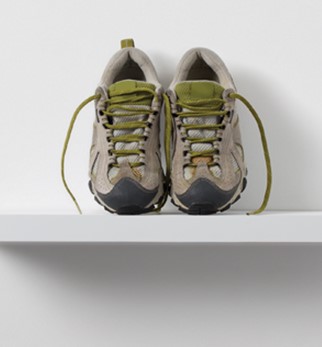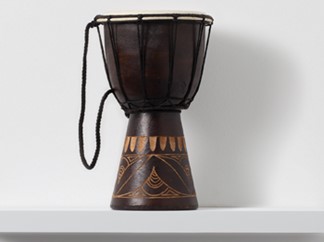The Refugee Identity Crisis: How Athens Builds National Identity through Heritage
As soon as you visit Athens it hits you square in the face, the strong nationalistic Greek identity is everywhere, sold in shops, on the shirts of the tourists and physically overlooking the city in the shape of the Acropolis. The visitor may not feel overpowered as they hop back on a plane home, but that is not the same for every resident of Athens.
Since the refugee crisis, tens of thousands have entered Greece and found themselves stuck and lost. Their homes destroyed, separated from family, and their national identity a distant past. Since their arrival, Athens has worked on satisfying necessities like health and shelter, and is now working on higher needs such as psycho-socio support. With this comes the chance to reform lost identity, forming a sense of belonging in Athens. To achieve this Athens is using their best product: heritage.
Refugees have been the focus of several temporary exhibits at the Benaki and Cycladic museum which focus on the travel and everyday aspect of their experience. This includes children’s drawings and sculptures by Chinese artist Ai Weiwei, who manifested the act of Europe letting go of its responsibilities to the refugees into an anthropomorphic statue.

Ai Weiwei exhibit photo credits: Kimberley Bulgin
Tours of the Acropolis, the Acropolis Museum and the National Archaeological Museum were started by the Greek cultural minister. Rather than focusing on the loss of the refugees, or the greatness of Athens’ past, he spoke of the Greek hospitality, of the similarities between their cultures and of the Parthenon and the lost Palmyra. He sent the strong message that their heritage may be lost but now the heritage of Athens is partly theirs.

shoes donated to refugees displaying an act of kindness via: [http://www.museumwithoutahome.gr]

Touberleki traditional drum used to bring communities closer via: [http://www.museumwithoutahome.gr]
In time, hopefully a transcultural identity can be created by both Athens and the refugee communities. This will need to be based on a sharing of heritage spaces and representation for both communities, working on similarities rather than differences. Athenians can feel pride for their role in the refugee crisis and in the future, this can become part of their joined identity, an experience shared and represented in heritage spaces.

Kimberley Bulgin previously studied Classical and Archaeological studies at the University of Kent and her interests in Heritage Management are on visitor engagement in educational settings.
(This was an excerpt from her paper ‘The Refugee Identity Crisis: How Athens is bridging the gap between a person and their homeland through heritage and meaning making’ presented at the University of Kent MA conference on Boundaries in Paris in May 2017.)

Georgia Xekalaki
Dec 07, 2017 at 04:32 pmTotally love your post! May what you write becomes reality and see ourselves and Greece transformed to the better through this difficult time for both refugees and locals!